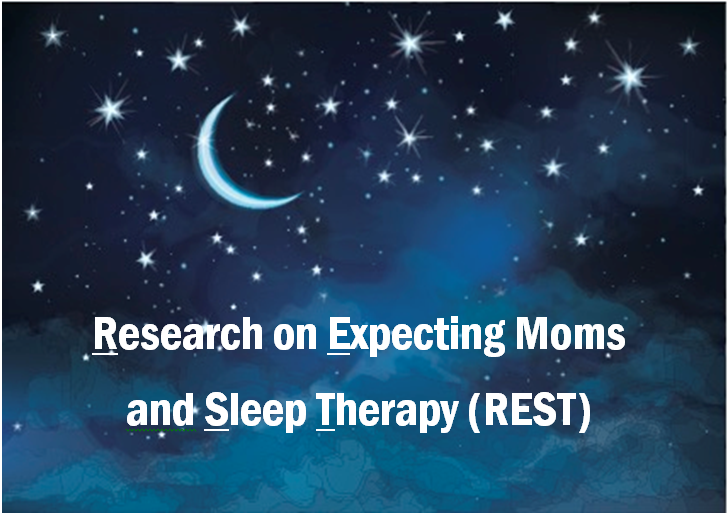“Your body is just preparing you for the sleep deprivation you’ll have when your baby is here. If you think your sleep is bad now, just wait!”
If you’ve ever been pregnant and had problems sleeping, you’ve likely heard this before. As someone who studies sleep during pregnancy, I’ve heard it too. My years of research in this field have brought me to the conclusion that sleep problems during pregnancy are too consequential for us to ignore. If untreated, sleep disturbance may affect the expecting mom and her baby, like increasing the risk for postpartum depression.
Although it’s common to experience sleep problems during pregnancy, many women experience a more severe form of sleep disturbance, called insomnia. People with insomnia have difficulty falling asleep, staying asleep, or they wake up much earlier than they want to. The good news is that we have highly effective ways of treating insomnia. Cognitive behavior therapy (CBT) is one such approach, and does not involve medication. Participants learn how to create a comfortable sleeping environment, modify lifestyle habits that affect sleep, and learn techniques to calm the mind and body.
We don’t know if CBT works for pregnant women with insomnia, and that’s what I hope to find out with my current study. Together with my colleagues Dr. Elissa Epel and Dr. Aric Prather, I have just launched the Research on Expecting moms and Sleep Therapy (REST) Study. This study is supported by the UCSF Preterm Birth Initiative, which is funded by Marc and Lynne Benioff and the Bill and Melinda Gates Foundation. We are recruiting pregnant women from across the United States to participate in this online study that involves 6 weekly online CBT sessions.
If you are pregnant and experiencing problems with sleep, or know someone who is, please join us in this important research. Your participation may not only improve your quality of sleep, but may also provide a foundation of knowledge to help countless other women. We hope that by improving sleep, we can promote health and well-being among women and their children.
To learn more about the REST Study, visit http://rest.ucsf.edu or take our screening survey at http://rest.ucsf.edu/screening.
To learn more about my work, visit http://profiles.ucsf.edu/jennifer.felder
Originally published at medium.com


